SWCRF is dedicated to investing in the science that will lead to more effective, less toxic treatments for cancer. This includes a commitment to fund research towards better patient outcomes for those living with breast and ovarian cancer. SWCRF is currently allocating $1.550 million towards breast and ovarian cancer research.

Yes, I want to support women's cancer research!

According to the National Cancer Institute, breast cancer is the second most common cancer in women after skin cancer, leading to an estimated 281,550 new cases and 43,600 deaths per year. Ovarian cancer led to 21,410 new cases and 13,770 deaths per year. Though less prevalent, the current 5-year survival rate of ovarian cancer is about half that of breast cancer. Approximately 12.9 percent of women will be diagnosed with breast cancer and approximately 1.2 percent of women will be diagnosed with ovarian cancer at some point during their lifetime, based on 2016–2018 NCI data.
Recent Research in Breast Cancer
Recent research by Dr. Doris Germain and colleagues, investigated the role of a protein called SOD1 in breast development and cancer.
They found that SOD1 is crucial for the rapid growth of cancer cells driven by specific genes, known as oncogenes. However, their research also revealed that SOD1 is not necessary for the normal development of the mammary glands.
This important research sheds light on the complex mechanisms behind cancer cell development and growth and could offer insights into future therapeutic strategies for breast cancer.
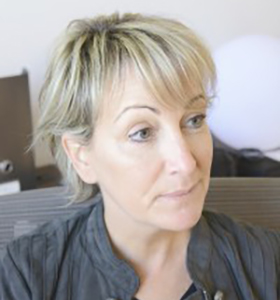
SWCRF-funded investigator Joel Neilson, Ph.D., has found a novel program that drives breast cancer metastasis. This is important because 90 percent of cancer mortality is due to cancer spreading to other parts of the body, rather than the primary tumors.
This key process is a protein named CELF1, and Dr. Neilson and colleagues are actively working to identify additional proteins that help CELF1 function as a driver of metastasis.
Understanding how these partner proteins work together will potentially reveal a vulnerability that could be exploited to aid in the clinical treatment of breast cancer.
This could be a game-changer for breast cancer patients.

Recent Research in Ovarian Cancer
Drs. Sharon Stack and Arya Biragyn are investigating how collagen, a protein found in our bodies including in our abdomen, changes with age and how these alterations can influence ovarian cancer development and progression within the body. Their findings suggest that age-related changes in collagen could play a crucial role in determining the aggressiveness of ovarian cancer and its ability to metastasize. Understanding these age-related factors may provide valuable insights for developing more effective treatments for ovarian cancer, especially in older individuals.
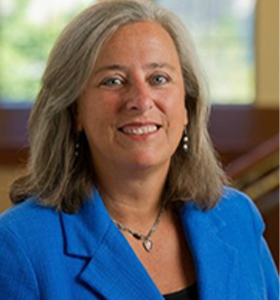
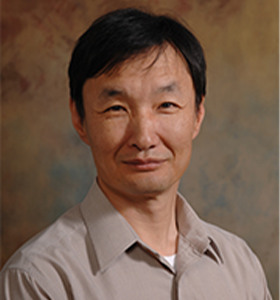
Dr. Robert Weinberg, is exploring immunotherapy, specifically checkpoint immunotherapy, which has been successful in treating some cancers, to address ovarian cancer. However, currently most immunotherapies have shown limited effectiveness for ovarian cancer. This raises the question: why do ovarian cancers resist this form of immunotherapy? To find answers, Dr. Weinberg and colleagues have created mouse models of ovarian cancer that can grow in mice with a functioning immune system. Through this research, they have identified substances produced by ovarian cancers that suppress the immune system's actions, shedding light on the resistance problem.
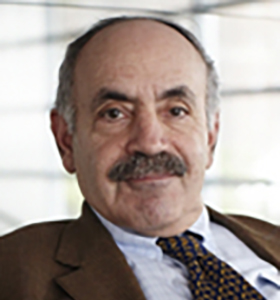
Current SWCRF-Funded Breast Cancer Investigators
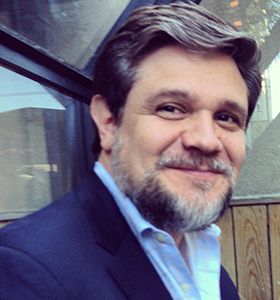
Julio Aguirre-Ghiso, Ph.D., Icahn School of Medicine

Samuel Waxman, M.D, Icahn School of Medicine

Doris Germain, Ph.D., Icahn School of Medicine

Robert Weinberg, Ph.D, Whitehead Institute for Biomedical Research

Joel Neilson, Ph.D, Baylor College of Medicine
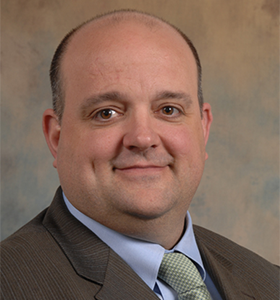
Rafael de Cabo, Ph.D., National Institute on Aging
Current SWCRF-Funded Ovarian Cancer Investigators:
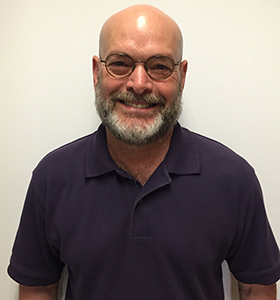
Robert Casero, John Hopkins University
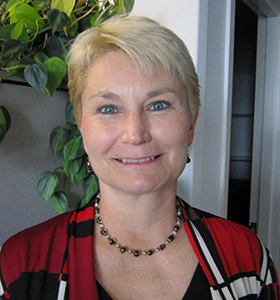
Cynthia Zahnow, M.S., Ph.D., John Hopkins University
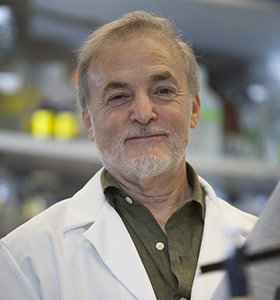
Steve Baylin, M.D., John Hopkins University

Mary Stack, Ph.D., Research Institute, Notre Dame

Robert Weinberg, Ph.D, Whitehead Institute for Biomedical Research
